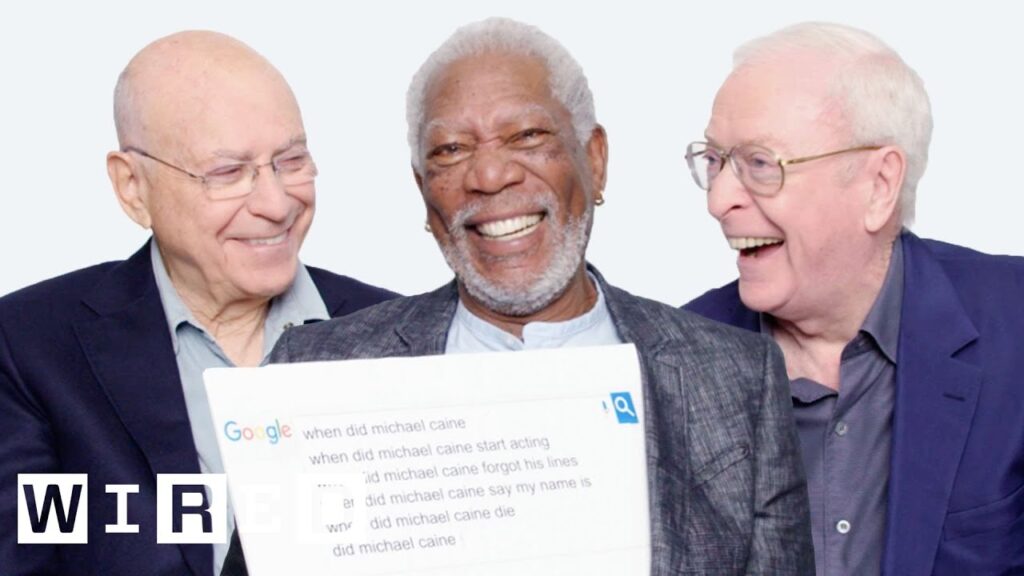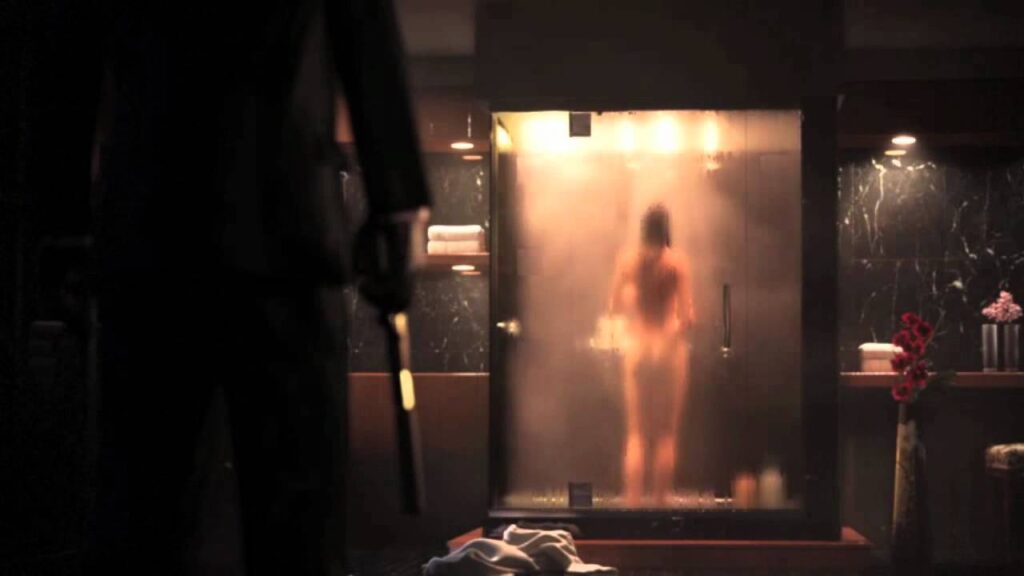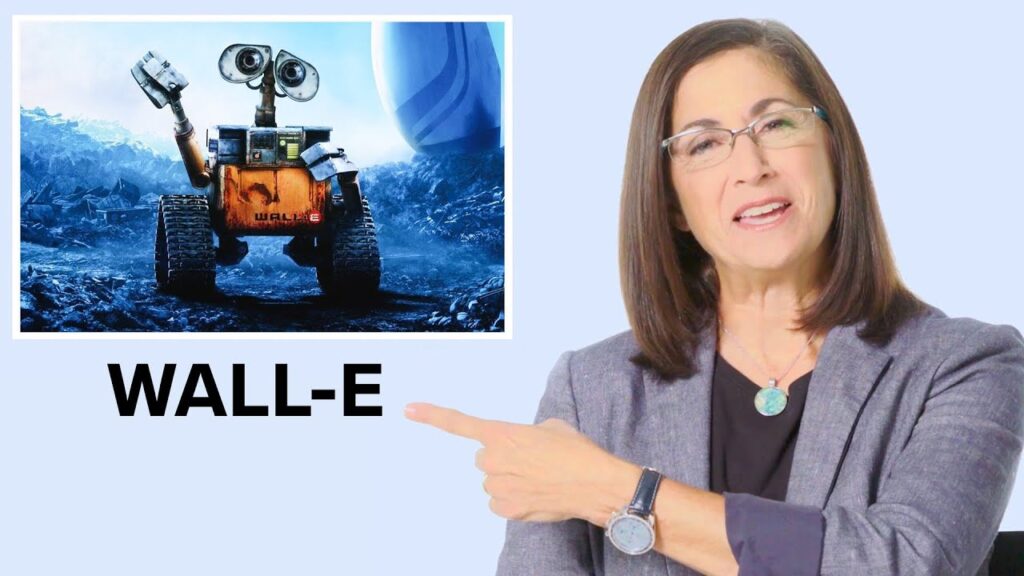We Unveil the Secrets of the Funeral Industry
Summary
The funeral industry is a mysterious world, shrouded in secrecy and tradition. In this Q&A article, we take a closer look and unveil some of the secrets and techniques used by professionals in the industry. From embalming to open casket preparation, we cover important topics for those interested in learning more about this often-misunderstood field.
Table of Contents
- Tools and Techniques Used in Embalming
- Tracking a Body’s Location and Disposition
- Preparing a Body for an Open Casket
- Military Funerals and Burial Benefits
- The Importance of Family Participation
- Humorous and Unconventional Epitaphs
- The Role of Morticians in the Funeral Industry
- Death in the Media
Introduction
The funeral industry is an essential part of our society that we seldom think about until we are forced to confront death. The professionals who work in this industry are tasked with helping families through one of the most challenging experiences of their lives. In this Q&A article, we delve into some of the techniques and traditions of the funeral industry, and speak with an expert who shares his invaluable knowledge.
Q&A
Tools and Techniques Used in Embalming
Q: Can you explain what embalming is?
A: Embalming is the process of preserving a human body after death. This practice has been around for thousands of years and is still commonly used today in many cultures. Embalming can prevent decay, and it can help restore the natural appearance of the deceased person.
Q: What tools are used in embalming?
A: We use a variety of tools during the embalming process, including a drain tube and ligatures to help with drainage, as well as arterial tubes to introduce embalming fluid. We also use cosmetics to restore the person’s natural appearance.
Tracking a Body’s Location and Disposition
Q: How do you keep track of a body’s location?
A: It is essential to keep track of a body’s location from the time of death to final disposition. We use a detailed tracking system to ensure that the body is correctly identified and that it remains with the correct person or facility at all times.
Q: Can you explain what final disposition means?
A: Final disposition refers to the final resting place of the deceased person’s body. This could be burial, cremation, or another method chosen by the family.
Preparing a Body for an Open Casket
Q: What are some tips for preparing a body for an open casket?
A: The placement of a head block and the positioning of the body are essential to ensure that the person’s appearance is respectful and natural. We also use clothing and cosmetics to help with the appearance of the person.
Q: Are there any myths about preparing a body for an open casket?
A: One common myth is that glasses cannot be placed on a person’s face during an open casket. However, this is not true. Glasses can be worn, and it is important to remember that the family’s wishes should be taken into consideration.
Military Funerals and Burial Benefits
Q: Can you speak about military funerals?
A: Military funerals are a way to honor the service of a person who has served in the armed forces. These funerals are conducted with precision and respect, and special burial benefits are available to veterans through the Department of Veterans Affairs.
Q: What are some of the benefits available to veterans?
A: Burial benefits can include a burial flag, a headstone, and burial in a national cemetery.
The Importance of Family Participation
Q: How important is family participation during a funeral?
A: Family participation is essential to help honor the person who has passed away. Manual labor performed by the family members, such as lowering the casket and adding earth to the grave, can be an important aspect of the grieving process.
Q: Are there any other ways that families can participate in a funeral?
A: Yes, family members can also participate in the creation of a personalized service or tribute, such as firing BB guns as a tribute, as mentioned by the speaker in the original text.
Humorous and Unconventional Epitaphs
Q: Are there any humorous or unconventional epitaphs that you have come across?
A: Yes, while more traditional epitaphs such as “Rest in Peace” are still common, we have also seen epitaphs that are humorous or unconventional, such as “I told you I was sick” or “A good man.” It is essential to remember that the epitaph should reflect the wishes of the family.
The Role of Morticians in the Funeral Industry
Q: What is the role of a mortician in the funeral industry?
A: Morticians play a crucial role in helping families navigate the funeral planning process. They work long hours and are trained in a variety of techniques to ensure that the person is treated with care and respect.
Q: Are there any misconceptions about morticians?
A: Unfortunately, there are many misconceptions about morticians, such as that they are creepy or take advantage of grieving families. However, the truth is that morticians perform a valuable service, and many are passionate about helping families during difficult times.
Death in the Media
Q: How do you feel about the depiction of death in media?
A: I believe that the depiction of death in media can be an important way to help people process their feelings and emotions surrounding death. It is essential to remember that death is a natural part of life, and we should not be afraid to talk about it openly and honestly.
Conclusion
The funeral industry is an essential and often-misunderstood part of our society. From the techniques used in embalming to the importance of family participation, there is much to learn about this important field. We hope that this Q&A article has shed some light on the inner workings of the funeral industry and helped to demystify some of the common misconceptions.







